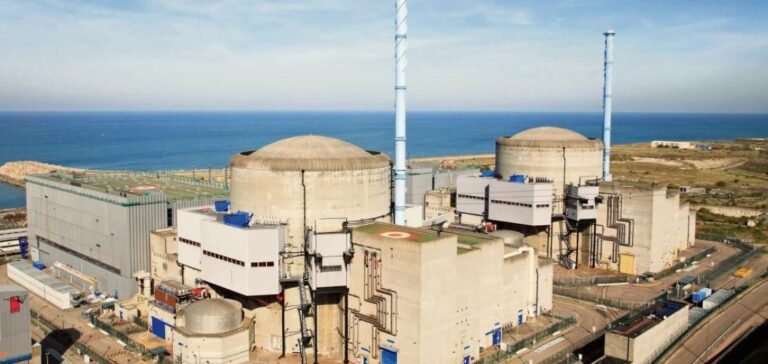EDF has submitted its revised reactor control strategy to the French Nuclear Safety Authority (ASN) after the discovery of significant cracks in the piping of some of its nuclear power plants. The ASN is studying the content of these documents and will take a position “in the next few days,” she said.
Significant cracks identified in piping
Several large cracks have been discovered in the piping of some plants, including one of unprecedented size at Penly 1, in an emergency pipe used to flood the reactor in case of a nuclear accident. This is the phenomenon of “stress corrosion”, identified since October 2021 on several sites, but which until now had generated only smaller cracks and on other areas of these pipes. Other so-called “thermal fatigue” cracks have also been identified on emergency pipes considered sensitive to stress corrosion at Penly 2 and Cattenom 3.
EDF must check 200 welds in all its plants
EDF must now submit a revised control strategy to ASN. In particular, the electric utility will have to check 200 welds in its entire fleet, according to the ASN, which could potentially lead to extended shutdowns of reactors and raise uncertainties about nuclear production in 2023.
EDF remains silent for the moment
On the side of EDF, one makes “no comment for the moment” on the situation. However, the discovery of these major cracks in the pipes of French nuclear power plants raises concerns about the safety of these facilities and could reopen the debate on the safety of nuclear energy. The ASN should take a position in the next few days on the revised reactor control strategy proposed by EDF.






















